Federal Requests For Patient Info Raise Red Flags In States That Allow Medical Pot Use

A federal anti-drug program has been requesting information about registered medical marijuana patients in several states where the drug is legal for medical purposes. Officials say they are collecting general demographic data for research, but the move has alarmed some state officials as well as those in favor of more progressive laws who cite the Trump administration’s mixed messages on marijuana use.
Health officials in at least eight states have been contacted over the last few weeks by either a High Intensity Drug Trafficking Area task force, established to help reduce trafficking in the U.S., or by Dale Quigley, deputy coordinator of the National Marijuana Initiative (NMI), an arm of HIDTA, HuffPost has found. There are 32 HIDTA task forces across the nation, all funded by the White House Office of National Drug Control Policy, known as the drug czar’s office.
The federal program is seeking data on the age, gender and medical condition of registered patients, as well as the number of medical marijuana cards issued each year and the reasons for their authorization, according to numerous state health officials who spoke to HuffPost as well as emails sent to those state agencies and obtained by HuffPost.
California and Nevada were contacted by NMI, while Oregon was contacted by a regional HIDTA task force. Both were seeking demographic data about the state’s registered medical marijuana cardholders. Additionally, the program contacted health officials in Massachusetts, Connecticut, Rhode Island, Maine and Vermont, The Boston Globe first reported last month, which HuffPost confirmed. HuffPost reached state health officials in 27 of the 29 states that have legalized marijuana for medical purposes, with no responses from New Hampshire, North Dakota or the District of Columbia.
In emails sent to state health regulators, Quigley, a former drug cop in Colorado and a vocal opponent of marijuana legalization, says NMI is “doing comparative demographic research into states with medical provisions for marijuana and the use of a state-issued identification card.” Quigley is seeking information on patients issued medical marijuana cards “for the last 5 calendar years (2012 – 2016),” he wrote.
Some states, including California, did not directly provide the data Quigley requested. Instead, officials pointed him to their public website, which gives aggregate general demographic data on ages and genders of medical marijuana patients. Other states, such as Nevada, provided Quigley with similar general public demographic data directly (data that is also available on its public website), still not handing over the more specific information being requested. Some states, including Connecticut, had not yet responded to Quigley, but officials there said that they intend to, but only with public information.
Oregon health officials said they had not been contacted by Quigley but instead were contacted by an unidentified analyst at the Oregon-Idaho HIDTA. State officials directed him to their website with all publicly available data on their medical marijuana program. They also instructed him to submit a public records request for any other data that he could not find. Oregon officials said they had not received any public record requests from HIDTA.
In an interview with HuffPost, NMI coordinator Ed Shemelya, said that the group had “reached out” to all 29 states that have legalized medical marijuana. He added that the group has been able to obtain most of the information it needed from the state’s websites and insisted that NMI had not sought specific patient information.
Shemelya explained that the group is seeking the information as part of an effort to examine usage rates in states that have made medical marijuana legal as well as in states that continue to prohibit its medical use. It is engaging in the research, Shemelya says, as “part of our mission to examine the impacts of medical and recreational marijuana.”
When asked if the research had any link to a Department of Justice task force formed in February by U.S. Attorney General Jeff Sessions, a staunch marijuana opponent, to review federal enforcement of marijuana laws, among several other issues, Shemelya said, “Absolutely not.”
“The intent is to provide factual information about the consequences of medical marijuana, and we will provide this to general public via our website,” Shemelya said. “How it is used after that I cannot answer. However, it is not being done for the purpose of guiding or shaping federal policy on marijuana. We are merely fulfilling our mission of educating folks on the impacts of medical and recreational marijuana.”
But some state officials and advocates for marijuana law reforms voiced concern about the request largely because it is being made by an agency with an anti-drug mission that is overseen by the drug czar’s office, which is legislatively prohibited from publicly supporting the legalization of marijuana.
The federal program is also part of an administration that has voiced a willingness to roll back marijuana guidance set by the Obama administration that urged federal prosecutors to refrain from targeting state-legal marijuana operations. While marijuana remains illegal under federal law, the Obama-era guidance has allowed for state marijuana regulation to take shape, and there’s concern that it could be reversed or altered in ways that could harm patients and cripple thriving industries.
“The federal agency and task forces requesting this data have a long and dubious history of misleading the public about marijuana and advocating against state-level medical marijuana laws,” Mason Tvert, vice president of public relations and communications at VS Strategies, told HuffPost. VS Strategies, a communications and government relations firm based in Denver, is focused on marijuana policy and was instrumental in the passage of Colorado’s recreational marijuana ballot measure. “It is not surprising that the state officials who have been entrusted with administering these programs and protecting patients’ rights have some qualms about handing over their data.”
Tvert also noted the irony of a federal agency asking state officials to facilitate their research and provide insights into their state programs, as federal agencies spent decades blocking marijuana research that could have informed state officials as they developed their medical marijuana programs.
“Apparently there is a lot the federal government could learn from the states, and hopefully it will opt to work with them rather than against them,” Tvert said. “The best path forward would be one in which patients’ privacy is protected, states’ rights are respected and federal priorities are reflected.”
Tom Angell, chairman of drug policy reform group Marijuana Majority, said that in general he thinks it’s a good idea to track and report on public health outcomes, as long as no individually identifying patient information is compromised. But, Angell said, “with the anti-marijuana rhetoric coming from the Trump administration’s Department of Justice, and Quigley’s own past comments on the issue, you do have to wonder what the true motivation is here.”
Angell said he’s concerned about the request and hopes that states that do hand over data are careful it “cannot be used to support any ‘Reefer Madness’-induced enforcement efforts that Jeff Sessions may wish to launch.”
While Sessions’ task force has forwarded its recommendations on federal marijuana policy, he hasn’t disclosed what those are. However, The Associated Press reported last month that the task force largely reiterated the Justice Department’s current policy on marijuana and has not pushed for a crackdown.
National support for marijuana legalization has risen dramatically in recent years to historic highs. More than 90 percent of Americans support allowing adults to use marijuana for medical purposes if their doctor prescribes it, according to a Quinnipiac poll this year.
Also on HuffPost
Because Most Americans Are Unenthusiastic About It
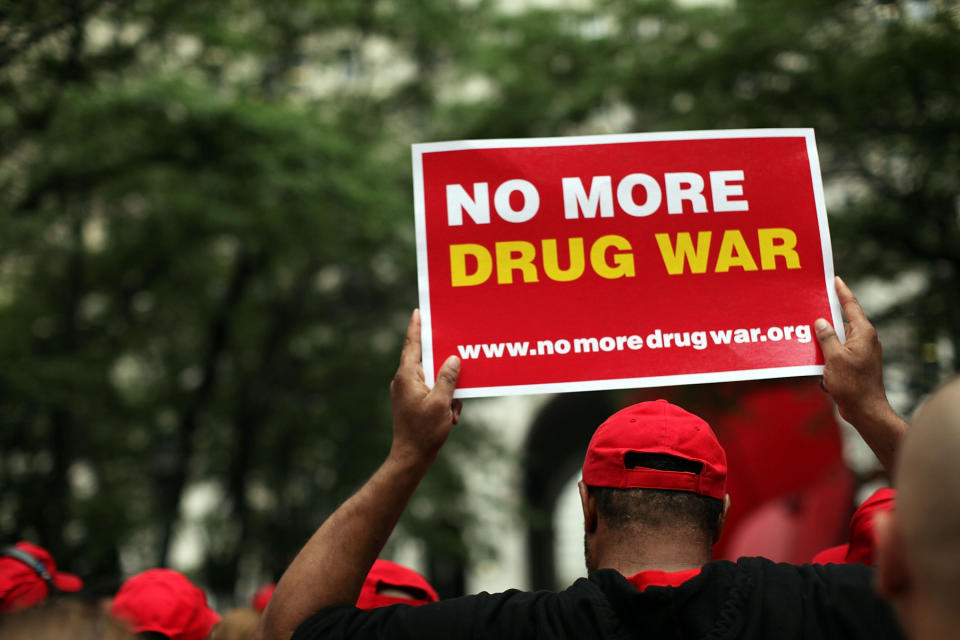
Because The U.S. Won't Control The Flow Of Guns Into Latin America
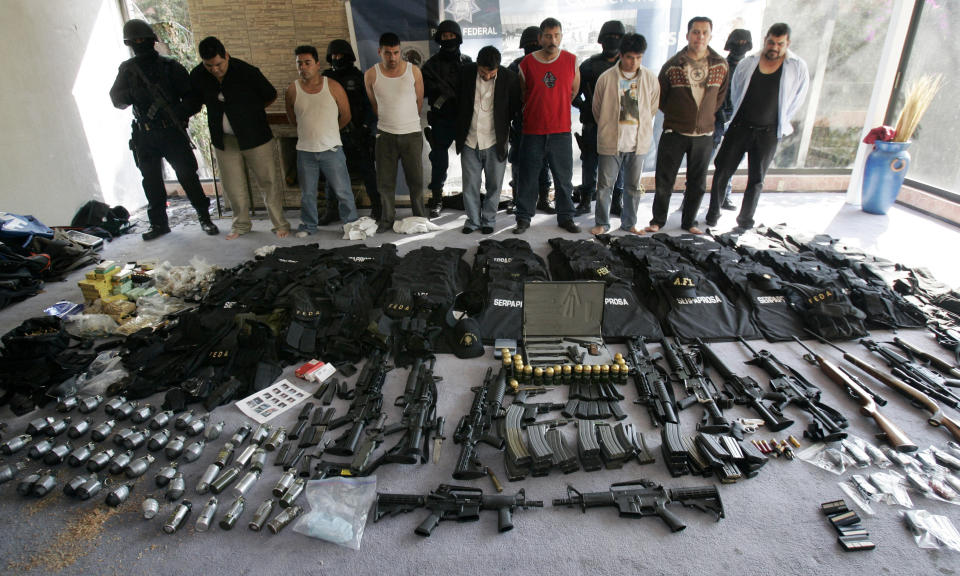
Because The United States Leads The Hemisphere In Drug Consumption
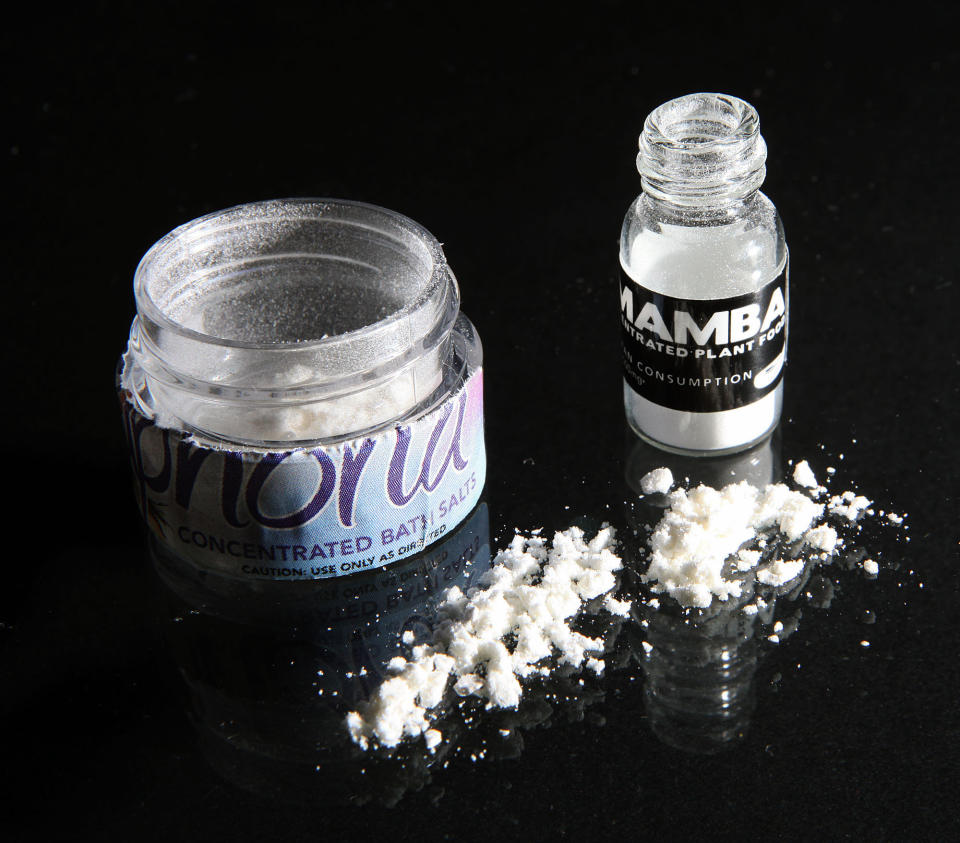
Because The U.S. Ignores Latin American Calls For A Rethinking Of Drug Policy
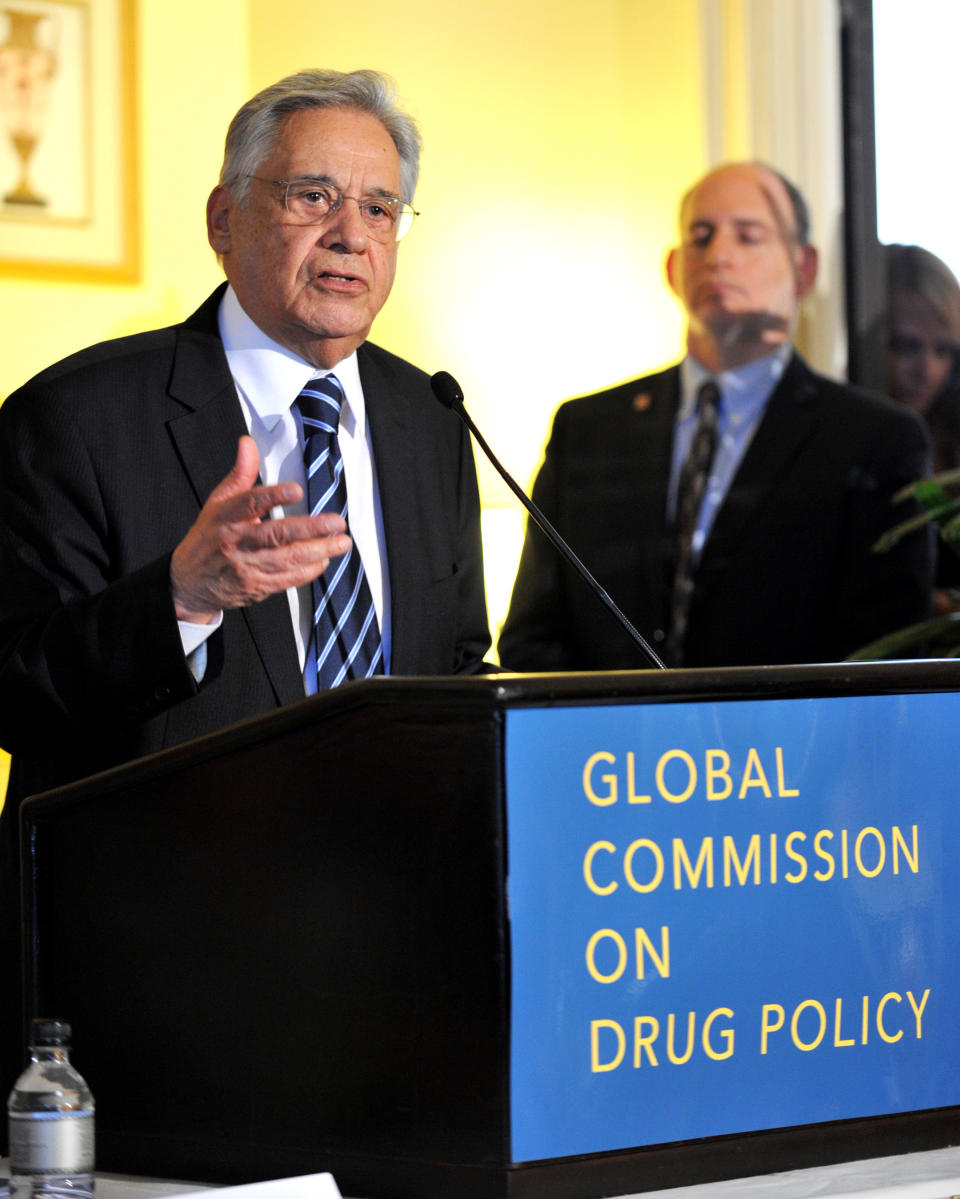
Because Of The Fast And Furious Scandal
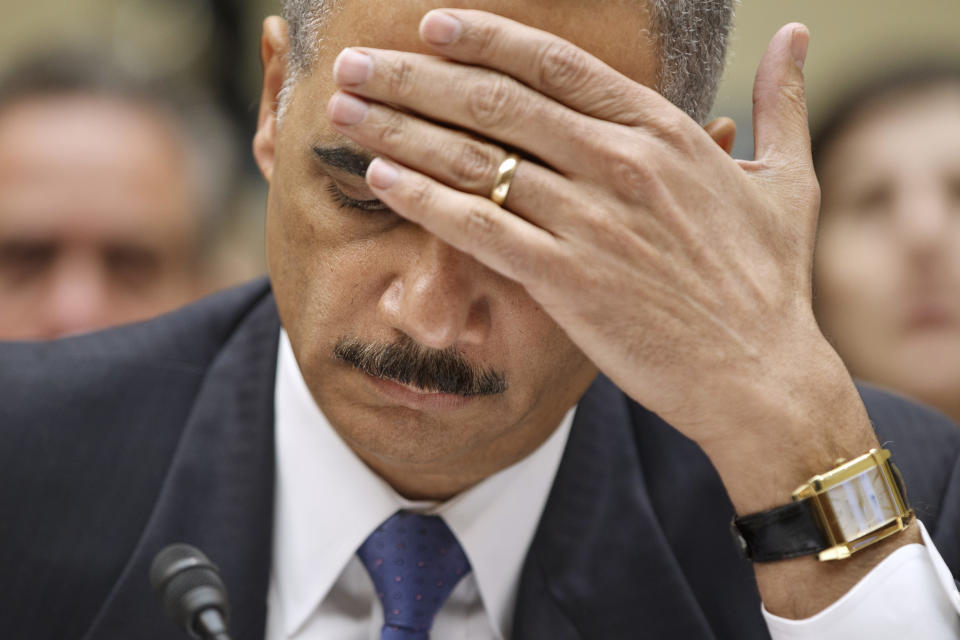
Because American Politicians Refuse To Candidly Lead A Debate On Reforming Our Laws
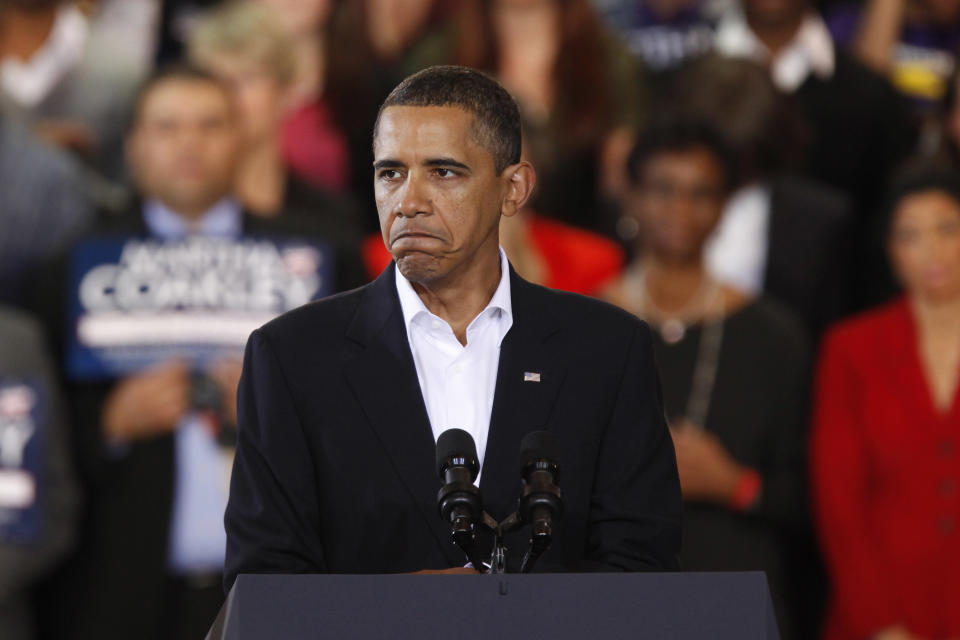
Because The U.S. Tortures Detainees In Cuba
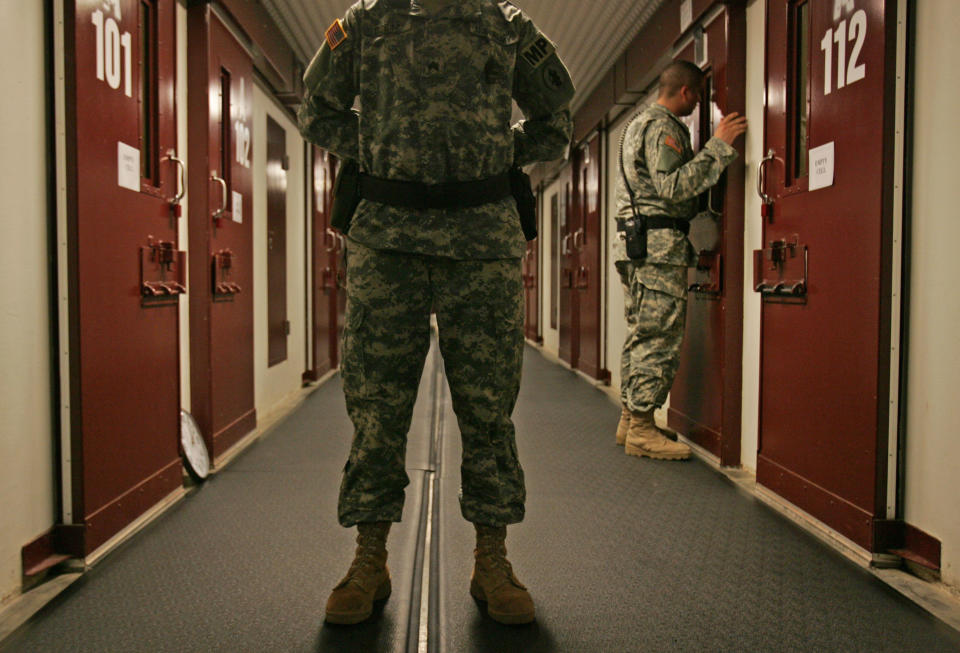
Because The U.S. Has The World's Largest Prison Population
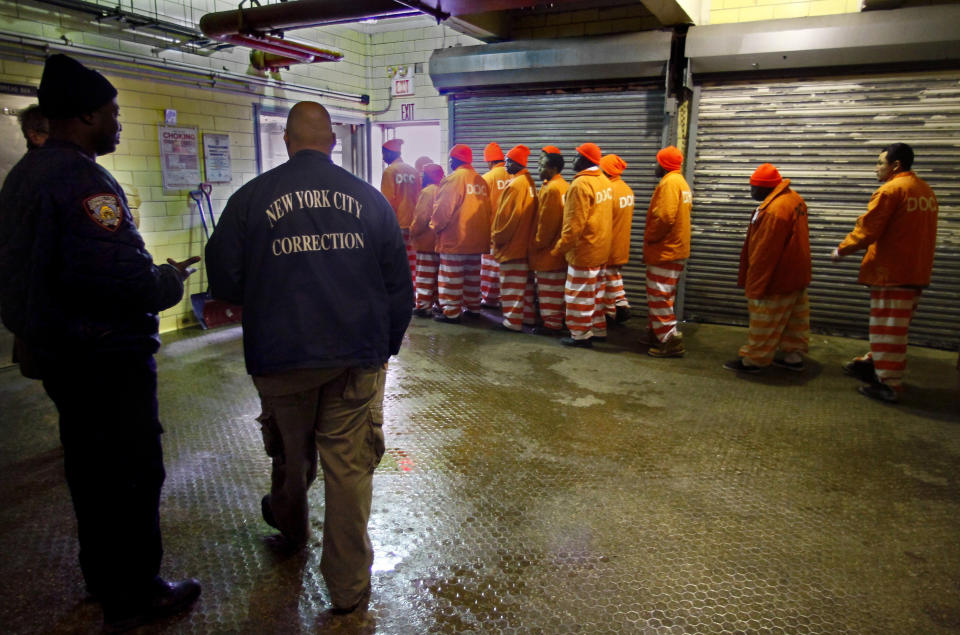
Because The U.S. Jails Undocumented Immigrants Guilty Of Civil Violations
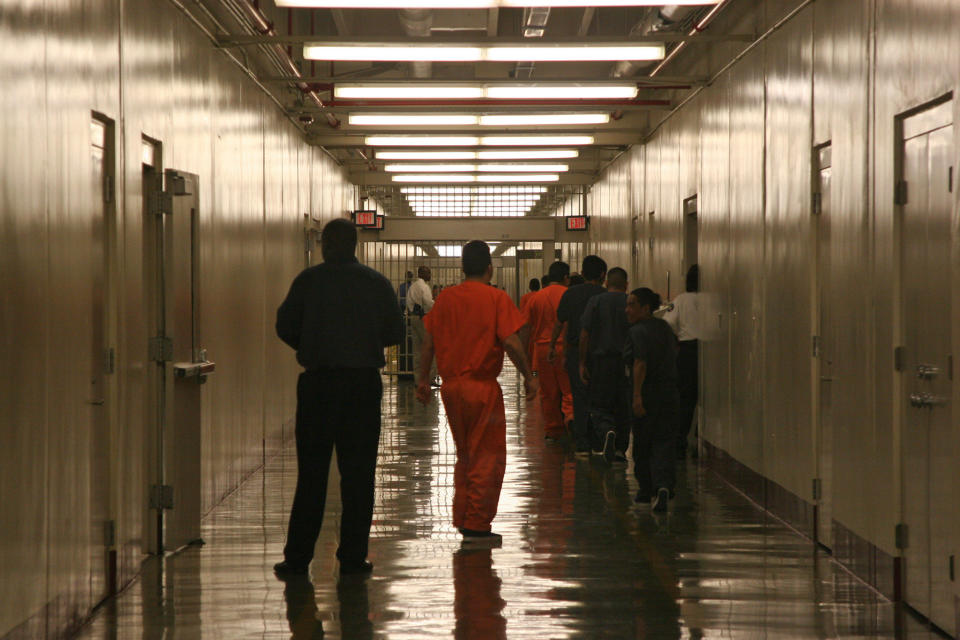
Because The Border Patrol Kills Kids Who Throw Rocks

Because The U.S. Recognized An Illegal Government In Venezuela
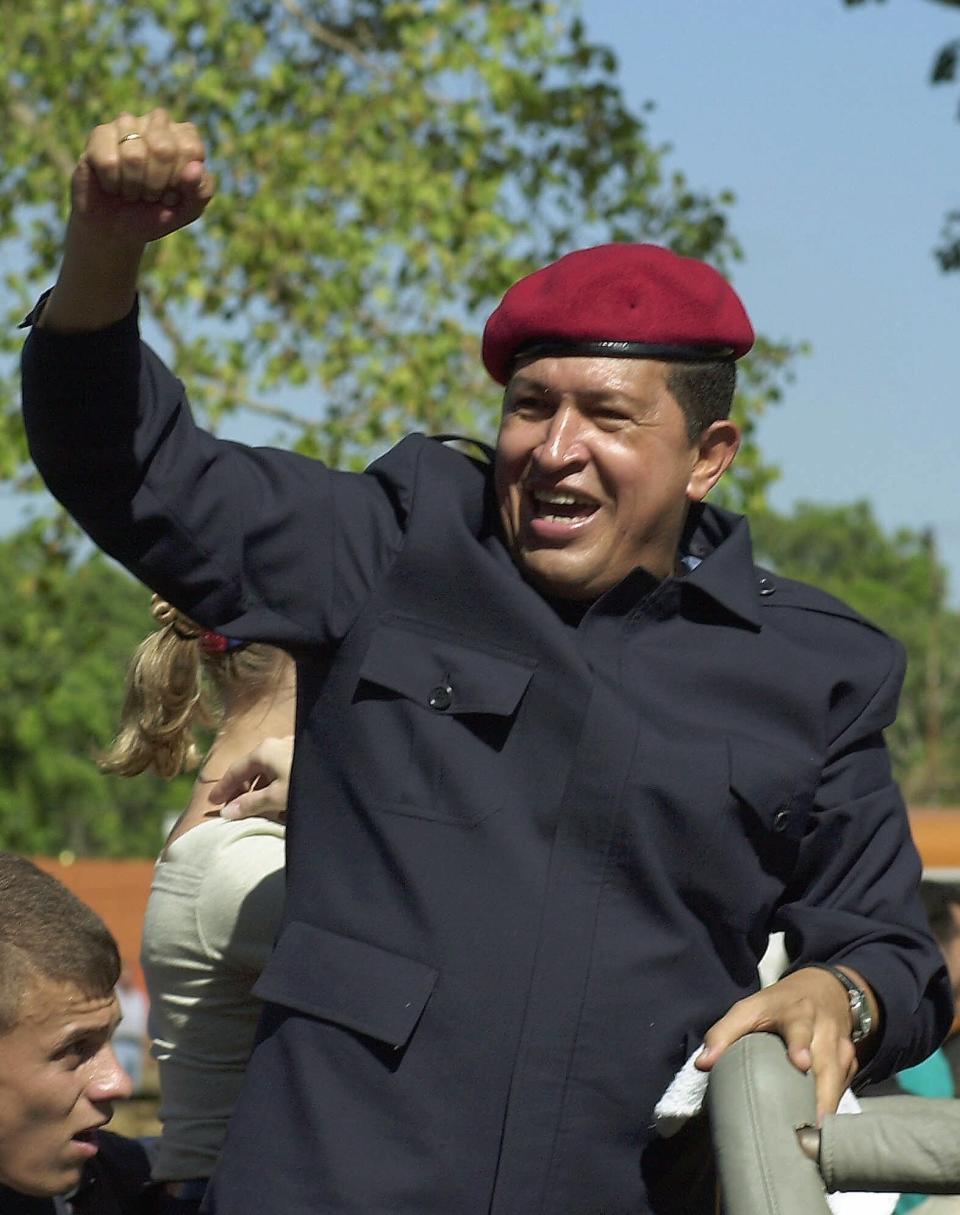
Because U.S. Extradition Undermines Justice In Colombia

Because The U.S. Helped Create Today's Cartels
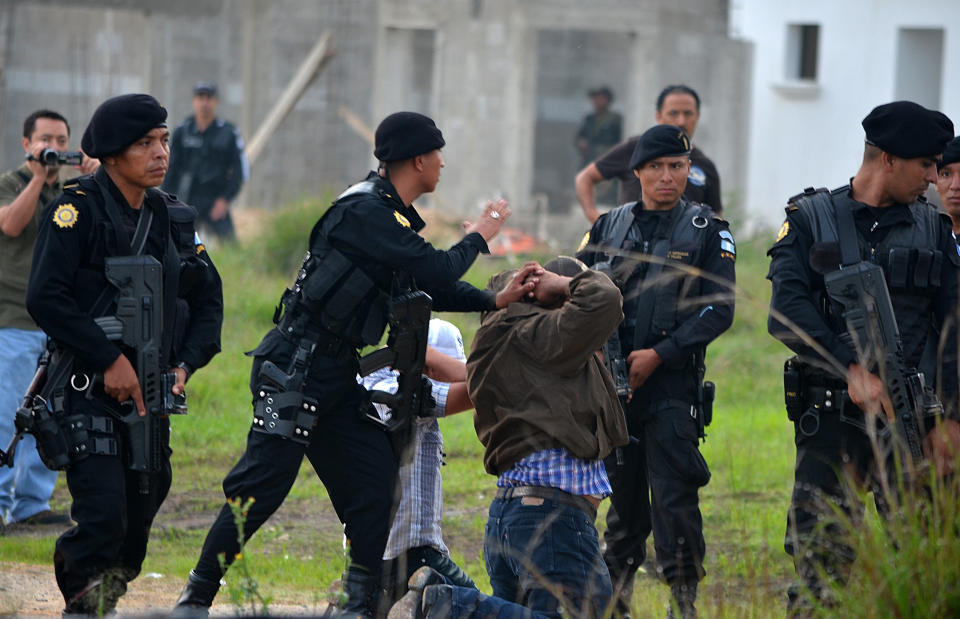
Because The U.S. Backed An Argentine Military Dictatorship That Killed 30,000 People

Because The U.S. Helped Topple The Democratically Elected Government Of Salvador Allende

Because the U.S. Backed A Military Coup In Brazil In 1964
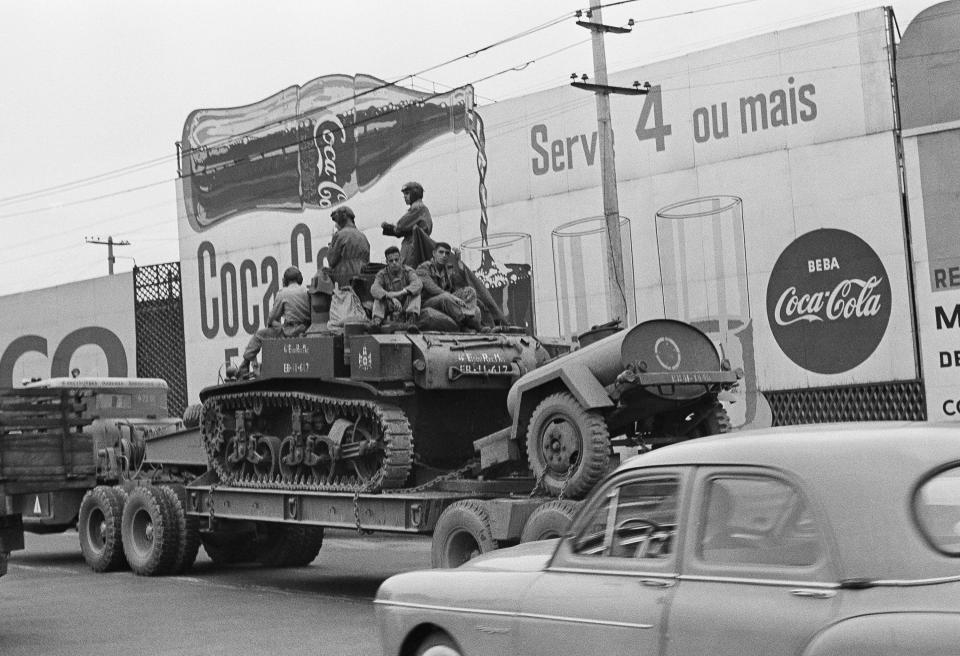
Because The U.S. Funded A Terrorist Group In Nicaragua

Because The U.S. Helped Finance Atrocities In Colombia
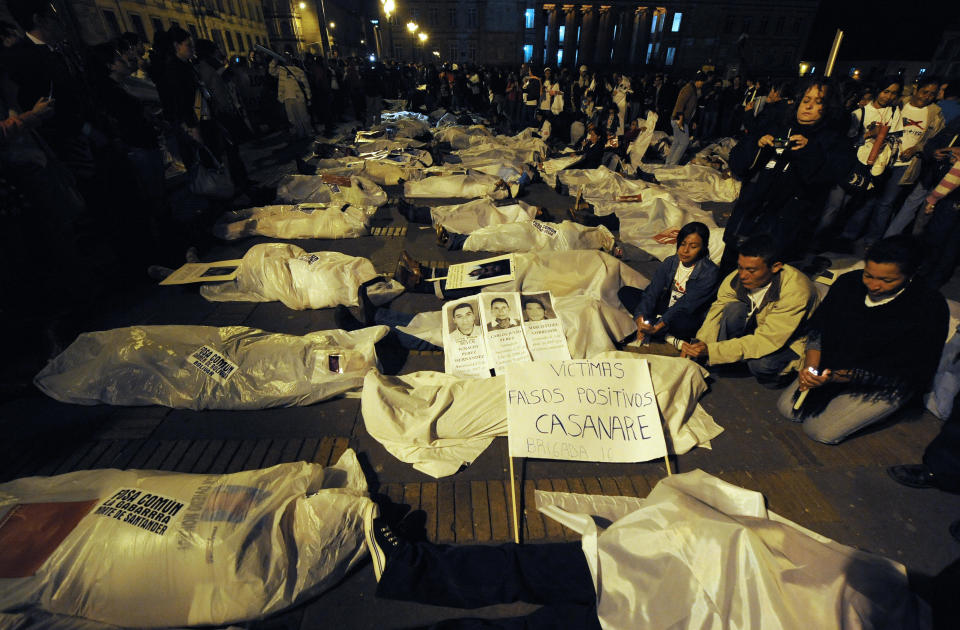
Because The U.S. Maintains A Trade Embargo Against Cuba Despite Opposition From The Entire World
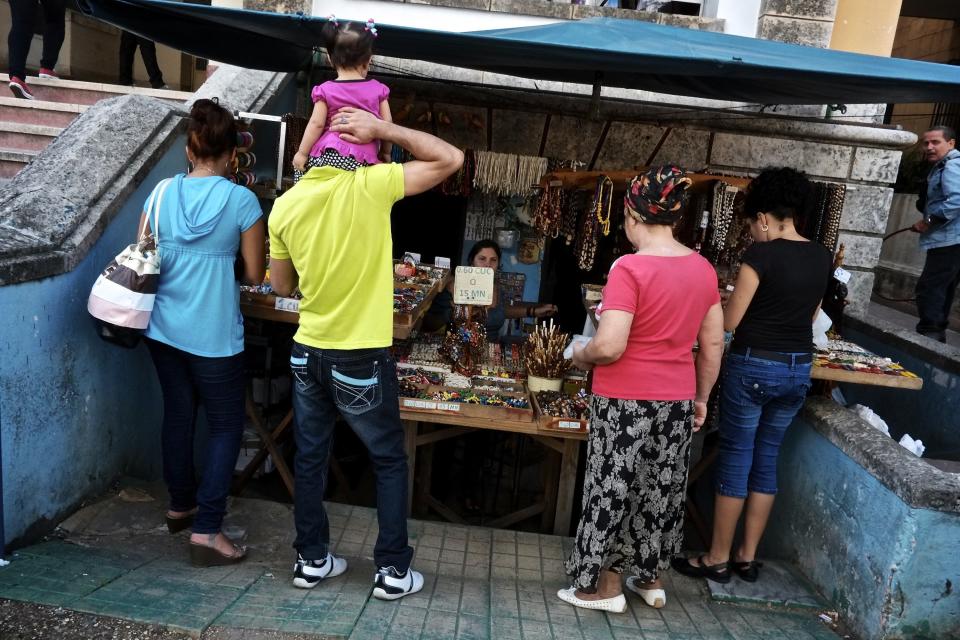
Because The U.S. Engineered A Coup Against The Democratically Elected Government Of Guatemala In 1954
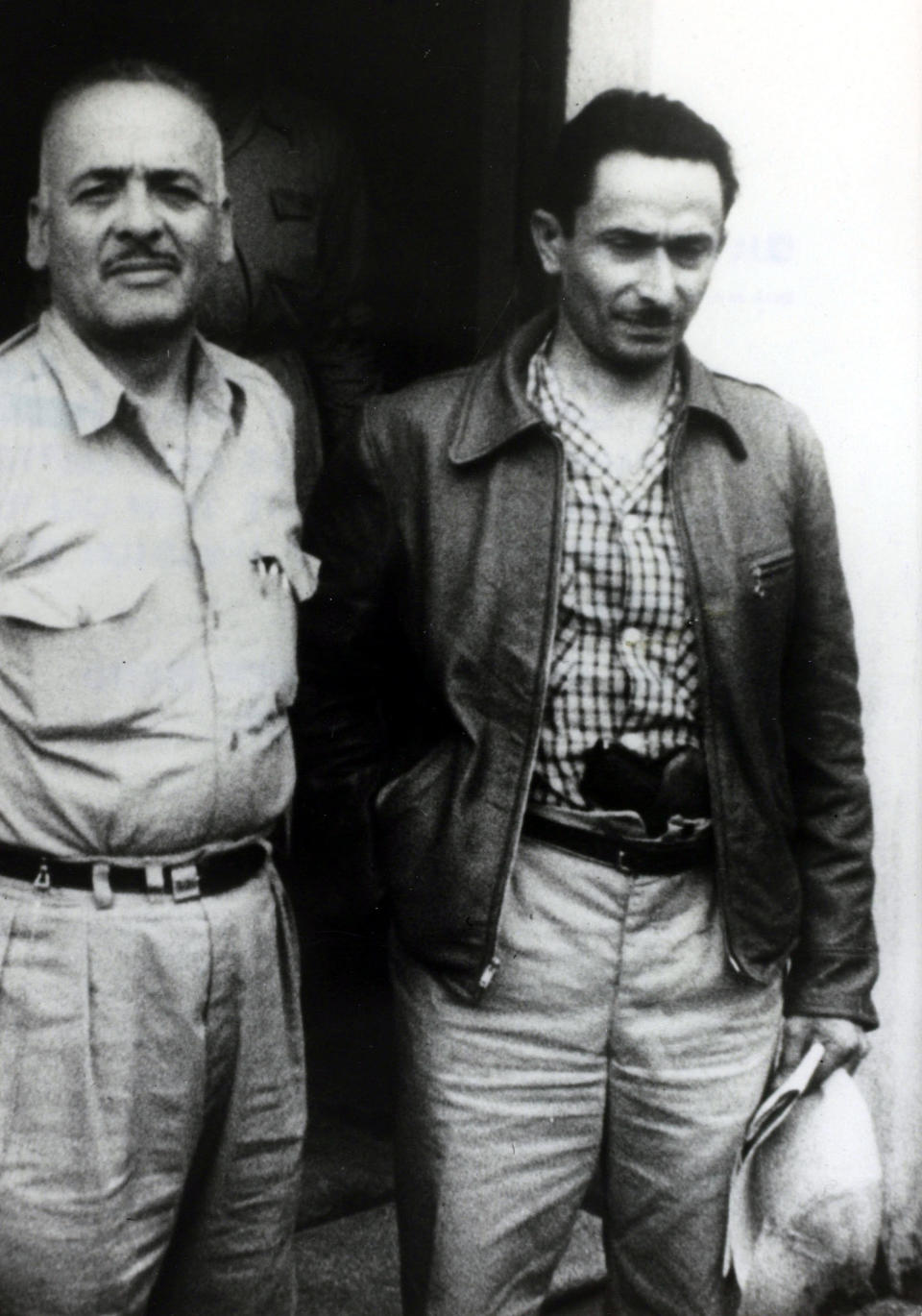
Because The U.S. Backed The Salvadoran Military As It Committed Atrocities In The 1980s
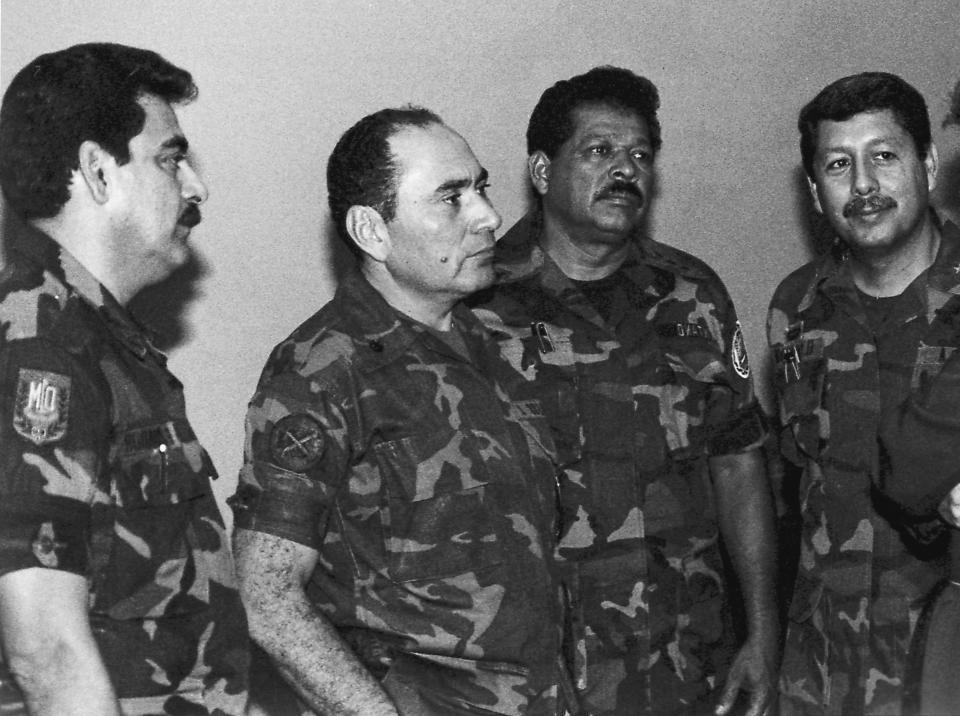
Because The U.S. Invaded Haiti and Occupied It For Almost 20 Years
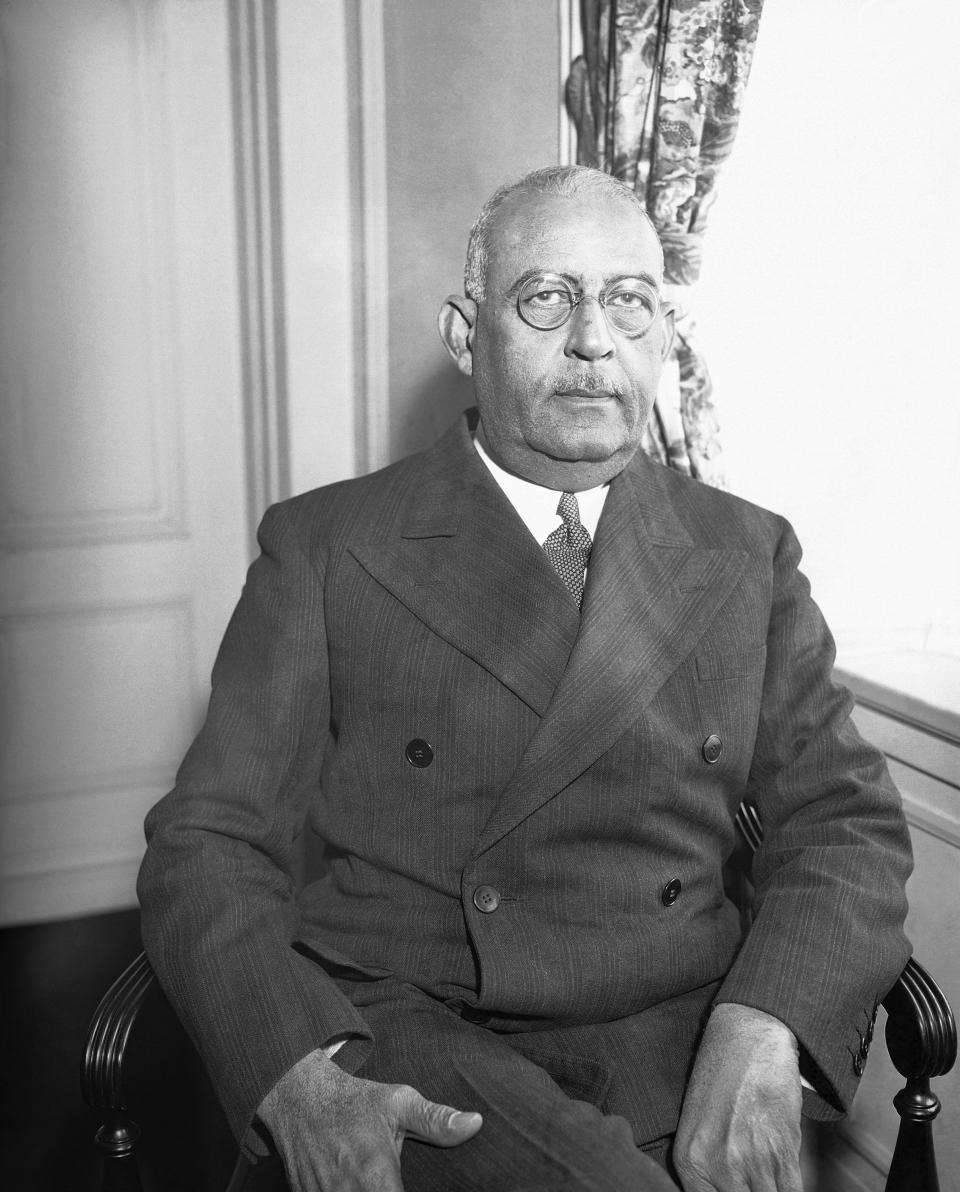
Because The U.S. Invaded Haiti Again In 1994
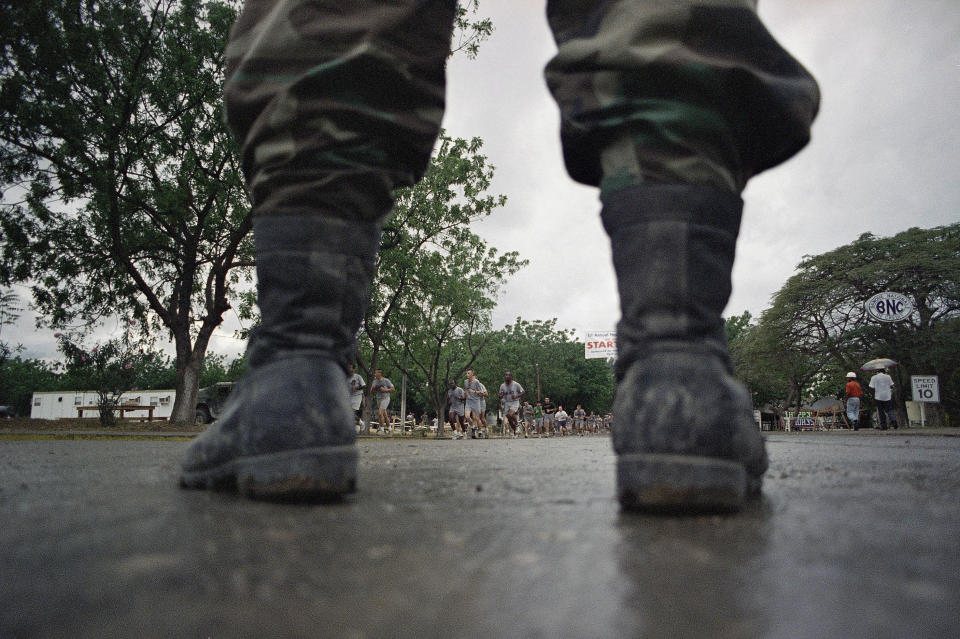
Because The U.S. Trained Military Leaders Who Committed Atrocities In Latin America
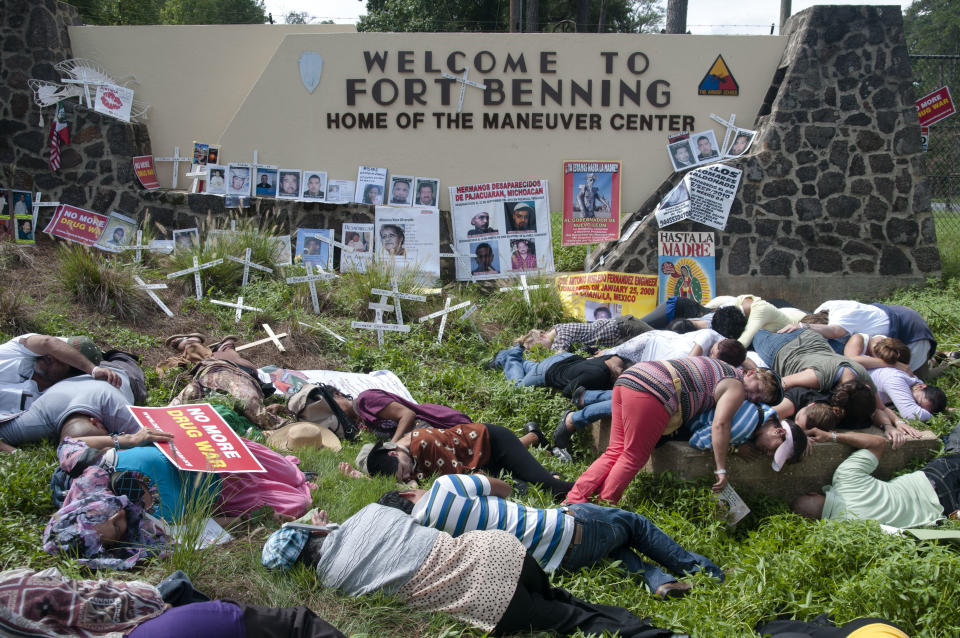
Because The U.S. Backed Dictator Rafael Trujillo

Because The U.S. Invaded Cuba And Undermined The Island's Independence

Because The U.S. Colonized Puerto Rico
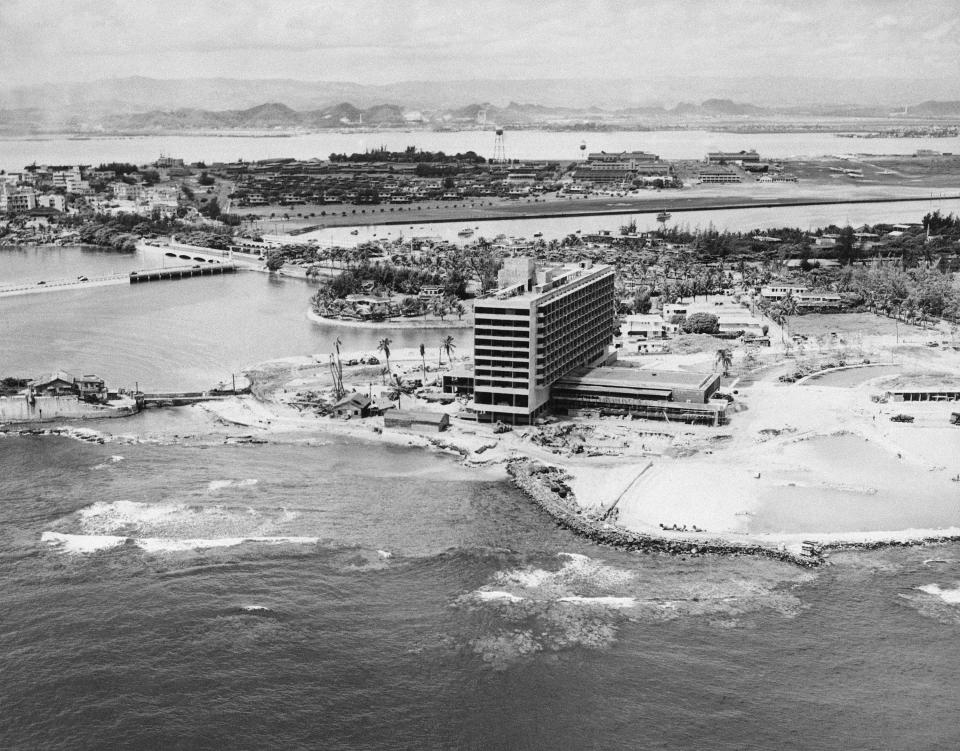
Love HuffPost? Become a founding member of HuffPost Plus today.
This article originally appeared on HuffPost.

